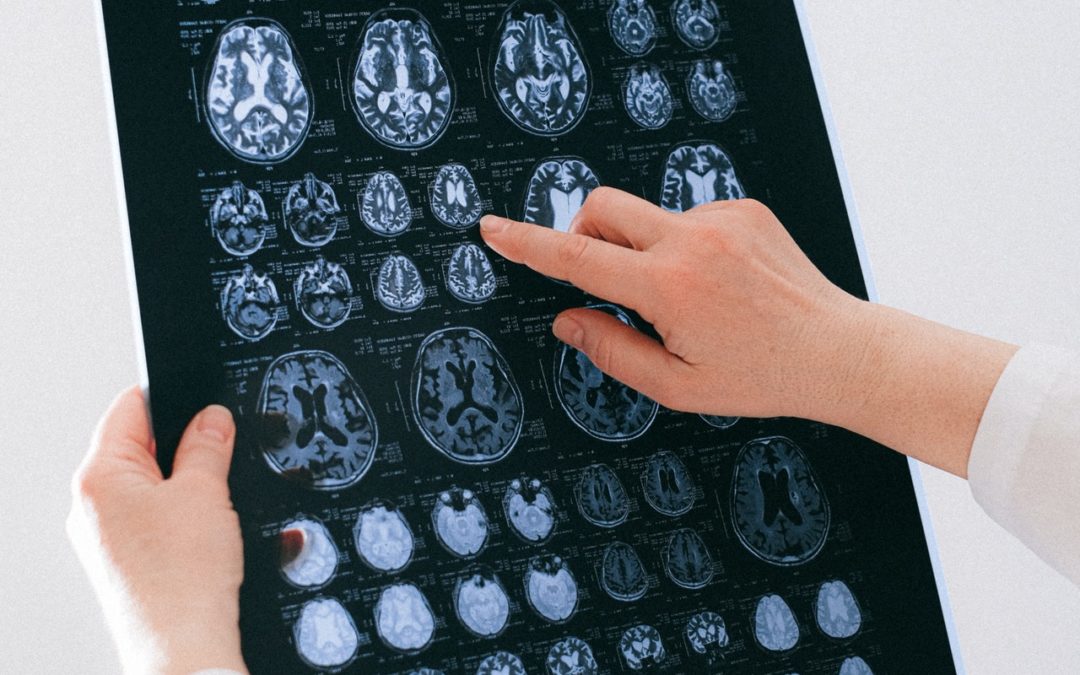The brain has the ability to constantly make new connections throughout its lifetime, despite trauma that may occur. Both physical and psychological trauma greatly affect how the brain functions, yet its ability to adapt is remarkable. One way to aid in brain rehabilitation and recover from neurological injuries is through a practice called Functional Neurology.
Find out more about how this important healthcare program is essential in healing the brain and reconnecting it with the body.
A Brief Overview of Functional Neurology
A type of neuroscience-based healthcare program, Functional Neurology develops treatments for those with neurological imbalances due to nervous system dysregulation. Due to the delicate pathways between the brain and nervous system, an imbalance between the two can easily disturb proper neural function. With the help of evidence-based rehabilitation programs and specialized treatment plans at a Functional Neurology Center, neurological imbalances can be improved.
There are many different issues that a patient may deal with when it comes to brain and nervous system dysregulation. Some common traits or symptoms include issues with balance, poor vision, and low perception of body movement. These can all affect health, function, and a person’s daily life.
How the Brain and Body are Connected
Scientific studies reflect that while the body is directed by the brain’s signals, the brain is also heavily influenced by what transpires in the body. Anything from physical injury to psychological trauma can greatly impact both the nervous system and the brain. When the nervous system is in dysregulation, it causes further cognitive decline and executive function deficits. Even certain types of head injuries or those with low poor blood sugar regulation can experience impaired brain function due to blood-brain barrier permeability.
When the brain experiences this level of excessive inflammation, it can cause an influx of other cognitive issues. These include:
- Frontal Lobe Processing Issues
- Executive Dysfunction
- Fatigue
- Attention Deficit
- Limited Processing Speed
Thankfully, Functional Neurology treatment plans help repair the link between the nervous system and the brain (how about brain and body) in order to improve neural plasticity and remediate these types of cognitive dysfunctions. Brain functioning can continue to improve through providing remediation programs for any brain injuries that patients may experience due to concussion, head trauma, physical injury, neuropsychological processes, and more.
Functional Neurology Therapies
When it comes to treatment, there is no one-size-fits all option. Function Neurology targets specific needs or signs of cognitive dysfunction on a case-by-case basis. Brain regions like the cerebellum, cortex, and brainstem are carefully monitored during intake so that the best therapy option can be recommended. This could include chiropractic care, physical therapy, or neuro visual therapy and vestibular rehabilitation. Additionally, Functional Medicine and cognitive remediation programs such as our Cognitive Brain Training could also be suggested by your physician.
Each step of Functional Neurology therapy seeks to aid in addressing your specific cognitive dysfunction and rehabilitation. For information on how Functional Neurology can help reconnect your brain and nervous system, contact The Hartman Center.
